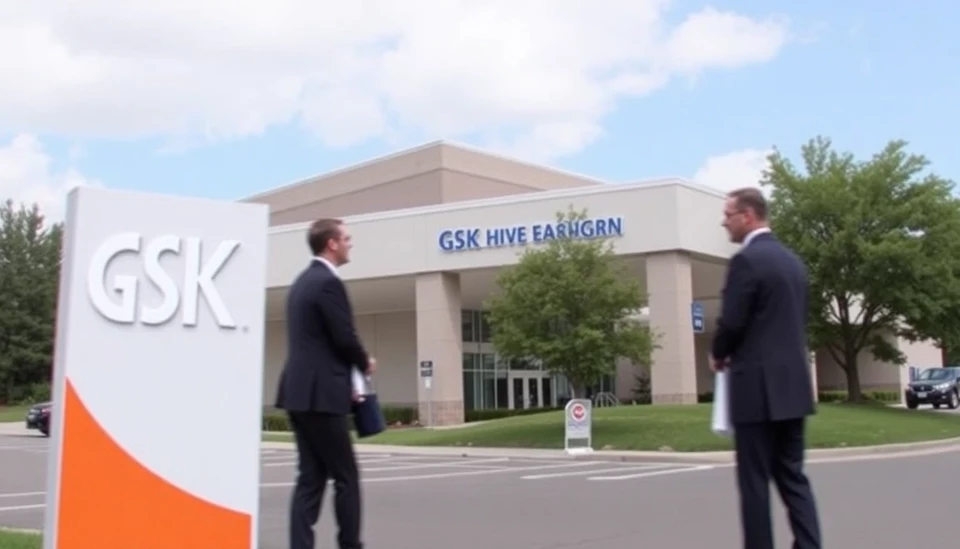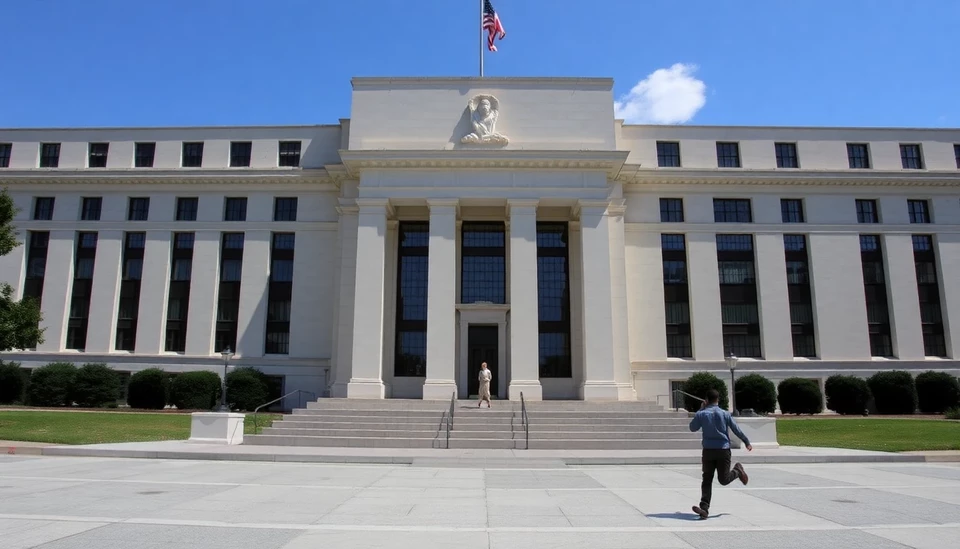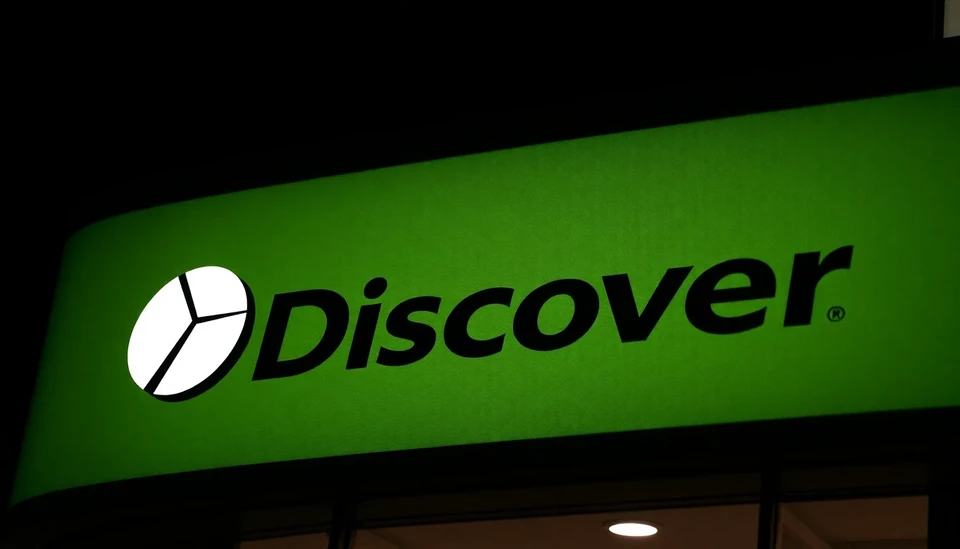
In a recent appeal involving GlaxoSmithKline (GSK) and the controversial acid-reflux drug Zantac, a panel of judges in Delaware posed challenging questions that could significantly impact the pharmaceutical giant's defense. The case has sparked intense interest due to Zantac's alleged link to cancer, with thousands of lawsuits arising from claims that the medication contained unsafe levels of a substance that was later identified as potentially carcinogenic.
During the proceedings, which took place in a Delaware court, judges made it clear that they were probing every aspect of GSK's argument. The judges focused on the adequacy of the scientific evidence presented by GSK to justify their decision not to warn consumers about the potential risks associated with Zantac. Lawyers representing the plaintiffs have asserted that vital information regarding the drug's safety was either concealed or inadequately communicated by the company.
GSK's legal team has argued that extensive studies have not definitively linked the use of Zantac to cancer. However, the judges were skeptical, citing the need for transparency and rigorous data to support GSK's claims. Their critical line of questioning suggested a serious examination of both the scientific and regulatory history surrounding the drug, indicating that they may not be easily swayed by the company’s arguments alone.
The implications of this case extend beyond GSK; the outcome could set significant legal precedents for how pharmaceutical companies address consumer safety warnings in the future. Legal experts are closely monitoring the case, as the judges' decisions could influence future litigation involving other drugs similarly accused of contributing to health risks.
As the appeal continues, the tension surrounding Zantac and its corporate manufacturer remains palpable. Consumers who have taken the drug and suffered health complications are awaiting a resolution that may provide clarity on the drug’s safety profile and a path toward potential compensation. For GSK, the stakes are high, not only in terms of financial liability but also regarding its corporate reputation and legal responsibilities moving forward.
As this case unfolds in the courtroom, the focus will remain on how well GSK can articulate its defense in light of increasing public scrutiny about pharmaceutical safety, transparency, and accountability.
Experts predict that this case will be a bellwether for future claims against pharmaceutical companies, establishing important standards for what constitutes adequate disclosure of risks associated with medications. The judges' upcoming rulings may have long-lasting effects on both public health strategies and corporate governance in the pharmaceutical industry.
<#>GSK #Zantac #DelawareCourt #Pharmaceuticals #LegalAppeal #ConsumerSafety #CancerRisk #Litigation #HealthCare
Author: Samuel Brooks




